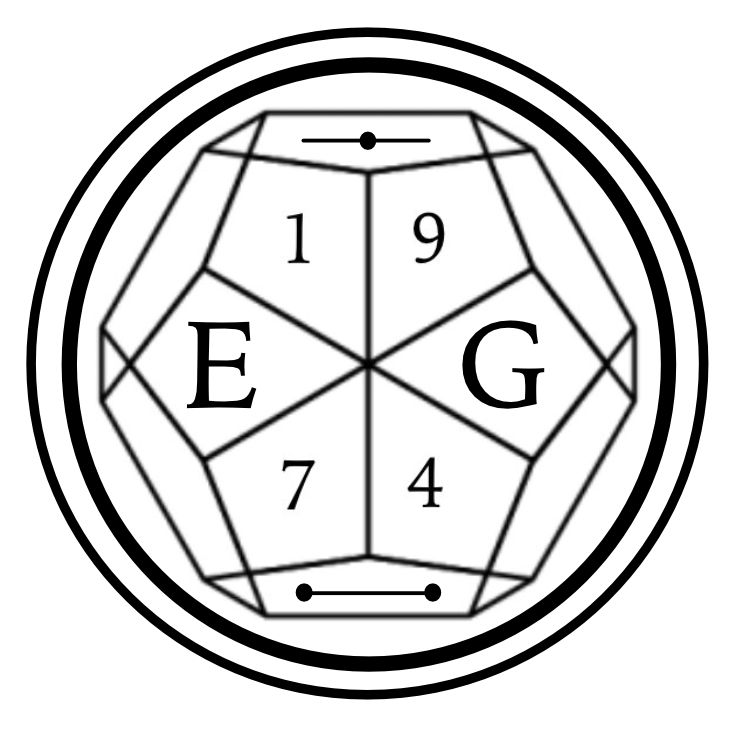Science is what is, which requires nor benefits from belief. Adding a belief layer is interpreting, exploitable, and leads to believing untrue things as true (Science).
Reduced Logical Form: I believe what is (true) = Oxymoron
Oxymoron: A rhetorical figure in which incongruous or contradictory terms are combined
Explainer: It is impossible to believe what is true.
—Highly Related—
Question: 1 - Is it true or false?
Hint: Is/must/can the number/digit/integer 1 (one) be boolean in [all] cases? What are the conditions in which 1 is false?
Test from OCaml:
if 1 then true else false;;
Theorem Pseudocode: if (1 = true) && (2 = 1 + 1) && (2 = true && true) then [true +& true +& …] = true else nothing else matters
Note my recursive application to all other numbers/physics and inference that if 1 is not true, nothing is true
Postulation: All positive integers are true


Yet another.
“A new scientific truth does not triumph by convincing its opponents and making them see the light, but rather because its opponents eventually die, and a new generation grows up that is familiar with it.”
― Max Planck, Scientific Autobiography and Other Papers
If all it takes to make science truth is to provide quotes of famous people calling it truth, then religion is probably truth a thousand times over.
A lot of the arguments and evidence you bring to the table are circular and only true from the reference point of whatever internal logic you’ve decided to assemble for yourself. Does this mean you’re surrounded by Chinese shills? Probably not, but that is also apparently the truth you’ve decided to believe in, evidence be damned.
What people are trying to make you see is that epistemologically, absolute truth is a ridiculous bar that, if you set as the hurdle for science to meet, is only going to disappoint you time and again.
Scientific knowledge does not have any special status or truth value conferred on it beyond the very educated guesswork of scientists and the time and effort and money that goes into verification. It’s an endeavour that relies entirely on empiricism and the flaws that come with having limited human perceptions.
Does this mean that science is exactly the same as religion when it comes to reliability? Of course not, because the things that you choose to believe in when you believe in science are different, more accurate and reproducible.
To claim that science has some ineffable attribute that puts it above any other belief, on the other hand, is discounting and discrediting the effort and very nature of scientific knowledge, and ascribing to it the kind of mystic quality that is exactly what makes religious knowledge so ridiculous.